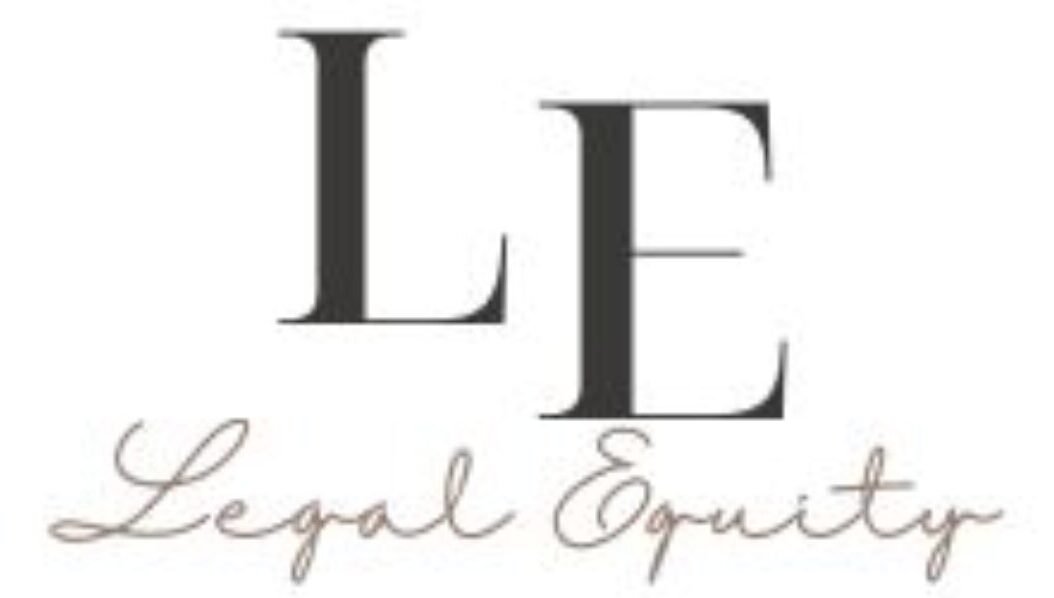The world of blogging indicates with its potential for connection, creativity, and even income. If you have a passion to share or knowledge to impart, then crafting your own blog can be an incredibly rewarding journey. But before starting into content creation, there are some key steps to take to set your blog up for success, both technically and legally.
In this Article we will be comprehensively discussing regarding what are the key considerations must be fulfilled before starting your blogging website as to be protected online.
A guide for Building successful Blogosphere:
- Unearthing Your Niche: What makes your voice unique? Identifying a niche – a specific topic or area of interest – allows you to cater to a dedicated audience and establish yourself as an authority. This could be anything from gourmet vegan recipes to historical fashion trends.
- Platform Power: Choosing the right platform is crucial. Popular options like WordPress.org, Wix, and Blogger offer varying degrees of customization and ease of use. Consider factors like technical expertise, design flexibility, and pricing when making your decision.
- Domain and Hosting Defined: Your domain name is your blog’s web address. Hosting services store your website’s files and make them accessible online. Some platforms offer bundled domain registration and hosting for a convenient one-stop shop.
- Design Essentials: First impressions matter! Craft a visually appealing and user-friendly blog. A well-chosen theme that reflects your niche and brand goes a long way in attracting and retaining readers.
- Content is King (or Queen): Now comes the fun part – content creation! Captivate your audience with informative and engaging blog posts. Brainstorm compelling topics, craft eye-catching headlines, and incorporate high-quality visuals to enhance your writing.
Legal Lowdown: Protecting Your Blog
Before you hit publish, ensure your blog is legally compliant. Here are some of the essential Pages that must be there in your blogging website:
1. Privacy Policy Page:
This page informs your readers about how you collect, use, and store their data. Here are some key elements to include:
- What information you collect: This could be email addresses collected through subscription forms, comments, cookies used for tracking website traffic, etc.
- How you use the information: Explain how you might use this data, such as sending newsletters, personalizing content, or for targeted advertising (if applicable).
- Data security measures: Briefly outline the steps you take to safeguard user data, like encryption or secure storage practices.
- User choices: Let readers know how they can control their information, such as opting out of emails or requesting data deletion.
2. Website Disclaimer Page:
This disclaimer clarifies your limitations and protects you from liability. Some key points to consider:
- Content Accuracy: State that the information on your blog is provided for general informational purposes only and may not be error-free.
- External Links: Disclaimer that you are not responsible for the content of any external links you provide on your blog.
- No Guarantees: Make it clear that you don’t guarantee specific outcomes or results based on the information presented.
3. Terms and Conditions Page:
This page outlines the rules and regulations for users interacting with your blog. Here are some inclusions:
- Copyright Notice: Reaffirm your ownership of the content and any limitations on how users can share or reuse your material.
- Comment Policy: Establish guidelines for respectful and constructive comments. You can outline what types of comments are prohibited and reserve the right to moderate or remove comments as needed.
- Termination of Use: Explain your right to terminate user access to your blog for violating terms and conditions.
- Copyright Champions: Respect intellectual property! Only use content you have the right to, and always credit sources to avoid plagiarism.
how to limit your liability when you are starting blogging website
Here are some key strategies to limit your liability when starting a blogging website:
Content and User-Generated Content:
- Disclaimers: Clearly state that your content is for informational purposes only and doesn’t constitute professional advice (medical, legal, financial, etc.).
- Fact-Checking: Meticulously research and verify information before publishing to avoid spreading misinformation.
- Moderate Comments: Establish clear comment guidelines and actively moderate comments to remove offensive, defamatory, or harmful content.
- Copyright: Be mindful of copyright infringement. Only use content you have permission for, or create your own.
Additional Considerations:
- Incorporate Your Blog (optional): Consider forming a Limited Liability Company (LLC) to separate your personal assets from your blog’s business. This can potentially limit your personal liability in case of a lawsuit.
- Website Security: Maintain strong website security measures to protect user data and prevent hacking attempts.
- Insurance (optional): Explore blogger insurance options to provide additional financial protection in case of unforeseen circumstances.
Taking Action for a Legally Sound Blog
Here are practical steps to ensure your blog operates within legal boundaries:
- Consult Legal Professionals: While this guide offers valuable information, seeking legal advice is recommended for personalized guidance.
- Utilize Online Resources: Several websites offer templates or generators for basic legal pages like privacy policies and terms and conditions.
- Stay Informed: Legal regulations can evolve. Keep yourself updated on any changes to ensure ongoing compliance.
By prioritizing these legal aspects, you can create a safe and secure environment for both yourself and your readers, allowing you to focus on what matters most – creating engaging and informative content for your blog!
Please be aware Legal requirements can vary by location. Consulting with a lawyer is recommended to ensure your legal pages are tailored to your specific circumstances and comply with regulations in your region.

